A generator is costly equipment, and you want to make the best use of it. Your generator may survive for many years if properly maintained. However, as with other types of technology, they might develop problems over time. You may have asked, "Why does my generator battery keep draining fast?" So, we have researched why this happens and what you can do to avoid it.
A faulty voltage regulator is one of the most common causes of your generator battery rapidly depleting. A voltage regulator transmits the correct voltage from the alternator to the battery to keep it charged. When the voltage regulator fails, the battery does not get enough voltage, leading the battery to deplete fast.
Now that you finally found out, why does your battery keep draining so fast? Keep reading as we give you more information about your generator batteries.
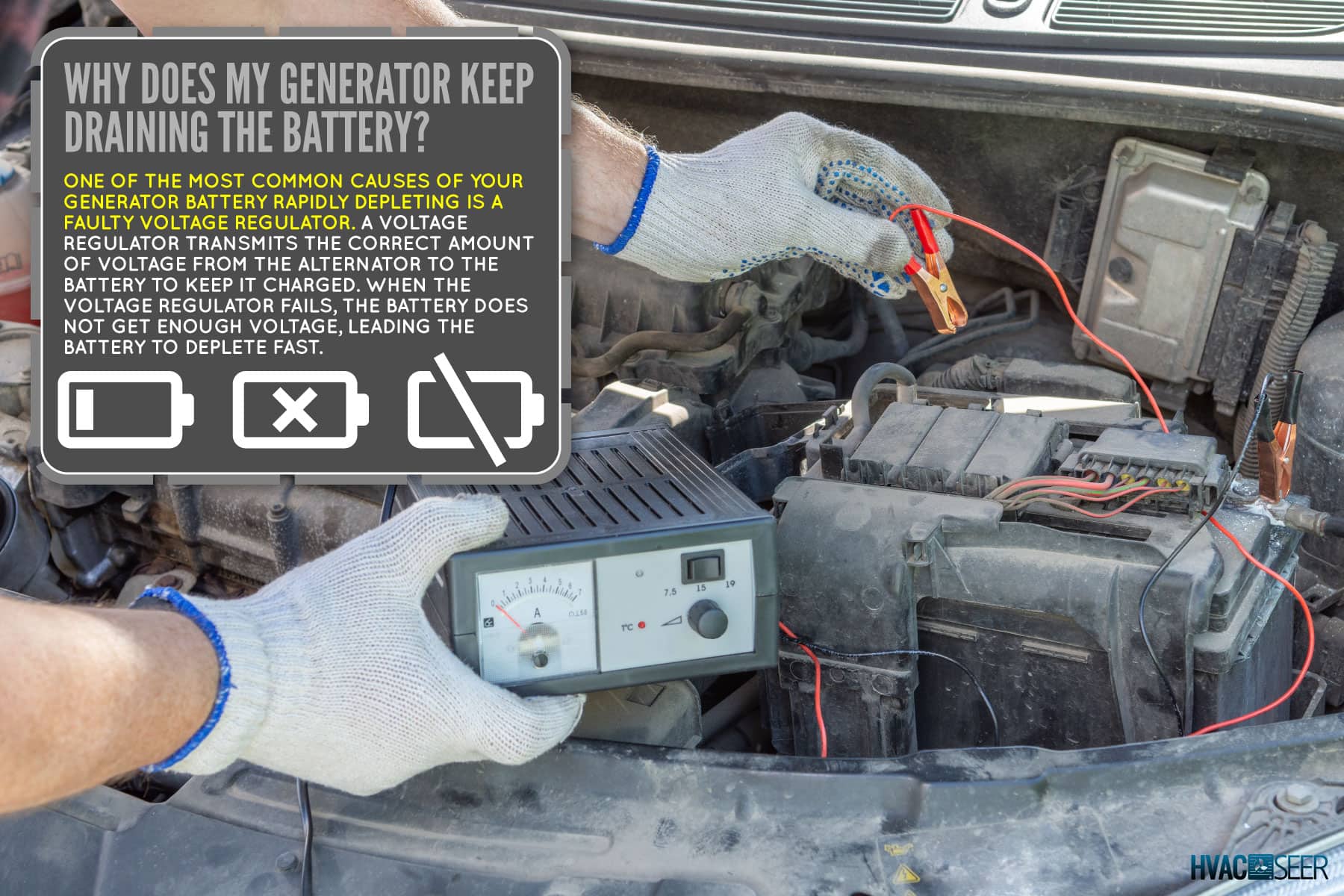
Types Of Batteries Used In Electrical Generator Systems
The primary role of an electrical generator battery is to supply energy to the generator's engine start-up when there is a power outage.
The standard lead-acid battery is used in most generator sets. Batteries are classified into two types:
Maintenance-Free
This is also known as a sealed battery. It cannot add electrolytes or even check the battery's specific gravity.
Click here to see this product on Amazon.
Conventional
Cells come with separate caps for filling and testing with electrolytes.
Click here to see this product on Amazon.
Since you already know the types of batteries usually used in generators, how will you test these batteries to be fully aware if they are still good? Keep reading until the end to give you insight on how to test, when to charge, and how frequently you should replace your batteries.
How Do You Test Generator Batteries?
A healthy battery should consistently maintain a capacity of 90% or more of the manufacturer's listed rating. If your battery falls below this range, you should replace it soon.
Separate tests are performed for dry batteries, also known as maintenance-free batteries, and lead-acid batteries, also known as electrolyte batteries.
Conductance Test (For Maintenance Free Batteries)
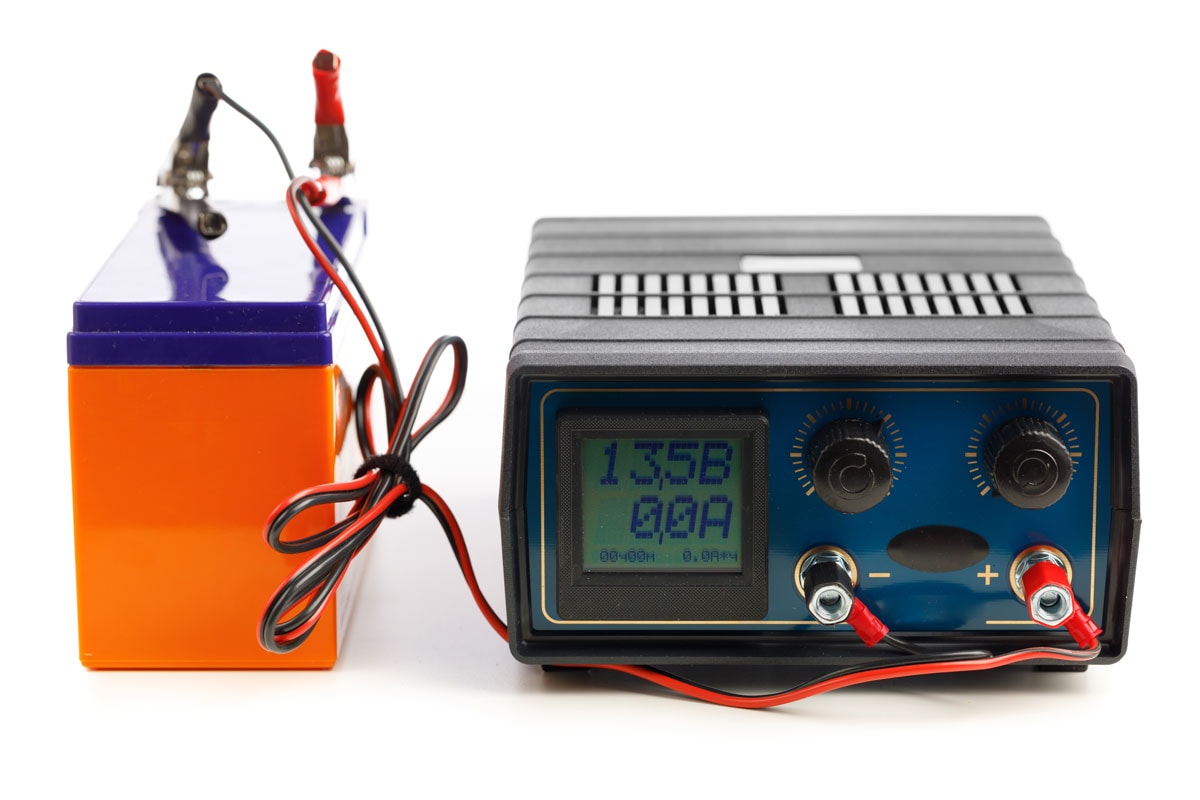
Most conductance testers display the voltage reading and a green/red, or pass/fail, light. A 12-volt battery has a voltage of 12.6 volts. The key to determining the health of the battery is consistency. When conducting conductance tests every month, a pattern will emerge.
If you notice a noticeable drop in voltage during monthly testing, the battery is damaged and must be replaced. The inspectors will look for voltage fluctuations or failure designation in the test report. Remembering that temperature plays a vital role in conductance readings is crucial.
When conducting a conductance test on batteries located outside and in the open air, the temperature of the surrounding air must be recorded. If your tester displays cold-cranking amps, the reading should be close to or equal to the amperage stated on the device by the manufacturer.
Note the results in your test record if your tester displays green/red or pass/fail rather than actual amps.
Hydrometer Testing (For Electrolytes Batteries)
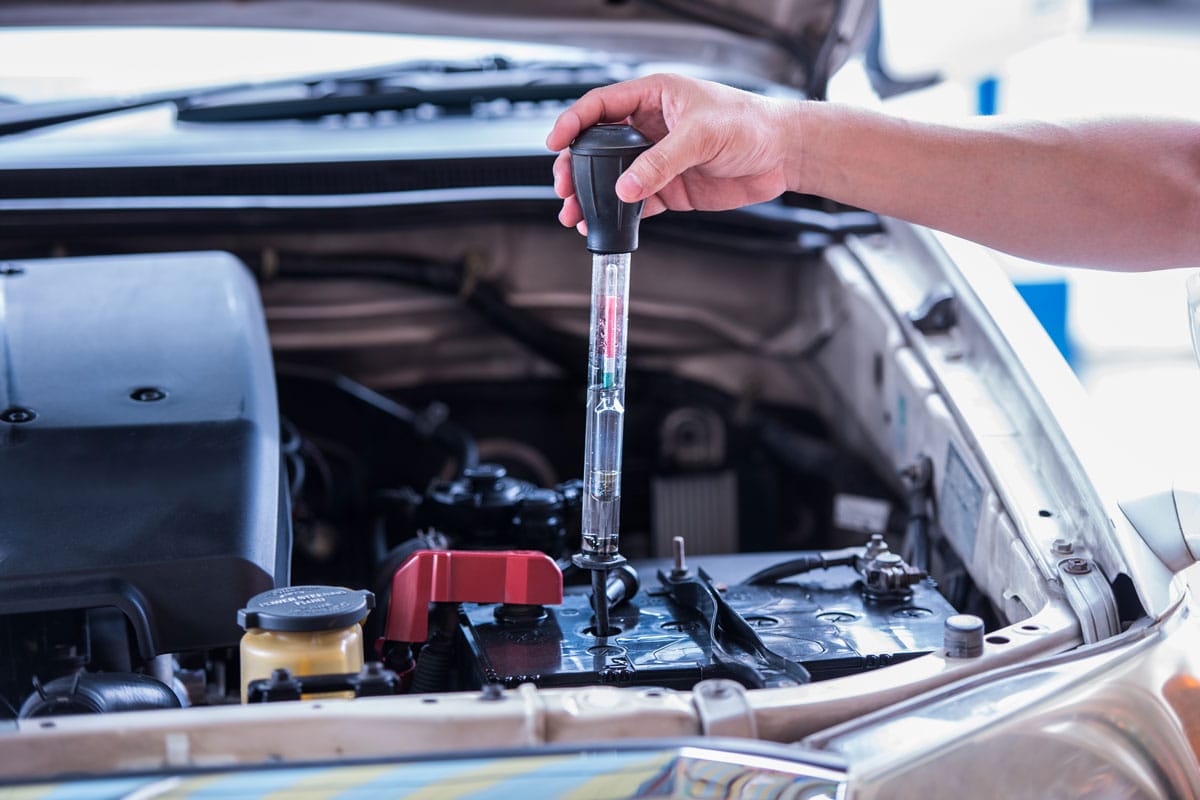
Using this method, use a hydrometer to determine the exact gravity and level of charge for the sulphuric acid within the battery:
- Do not mix with distilled water.
- Maintain the standing position of the barrel. Inject enough electrolytes into each cell to allow the float to float freely.
The hydrometer must then be read from eye level.
- Full Charge: 1.270 to 1.280 SG
- Half Charge: 1.220 to 1.230 SG
- Discharged: 1.150 to 1.220 SG
Each cell's readings should be within 0.030 points of each other. If the deviation exceeds 0.030, your battery should be replaced.
If all cells are consistently low, the battery may be repairable, but we recommend replacing the battery as soon as possible if this is possible. A certified technician who is familiar with batteries should perform all battery maintenance.
How Often Should You Charge Your Generator Battery?
A generator's battery will need to be charged regularly to function effectively.
The voltage should be at least 12 volts or more significant to function correctly. It may only be half-charged in six hours if the power is too low. To lengthen the battery life, the charge should be gradually increased depending on the kind of battery.
Long durations of not charging the generator can harm the battery and reduce lifespan. Most generators will not charge their batteries while running unless the manufacturer provides a charging system.
Fortunately, some well-known brands have internal charging systems that automatically recharge the battery while the device runs. Charging a generator's battery requires a standard plug and a couple of hours. The manual charging process will take longer because lead-acid batteries are not designed to absorb charge quickly.
When Should You Replace Your Generator's Battery?
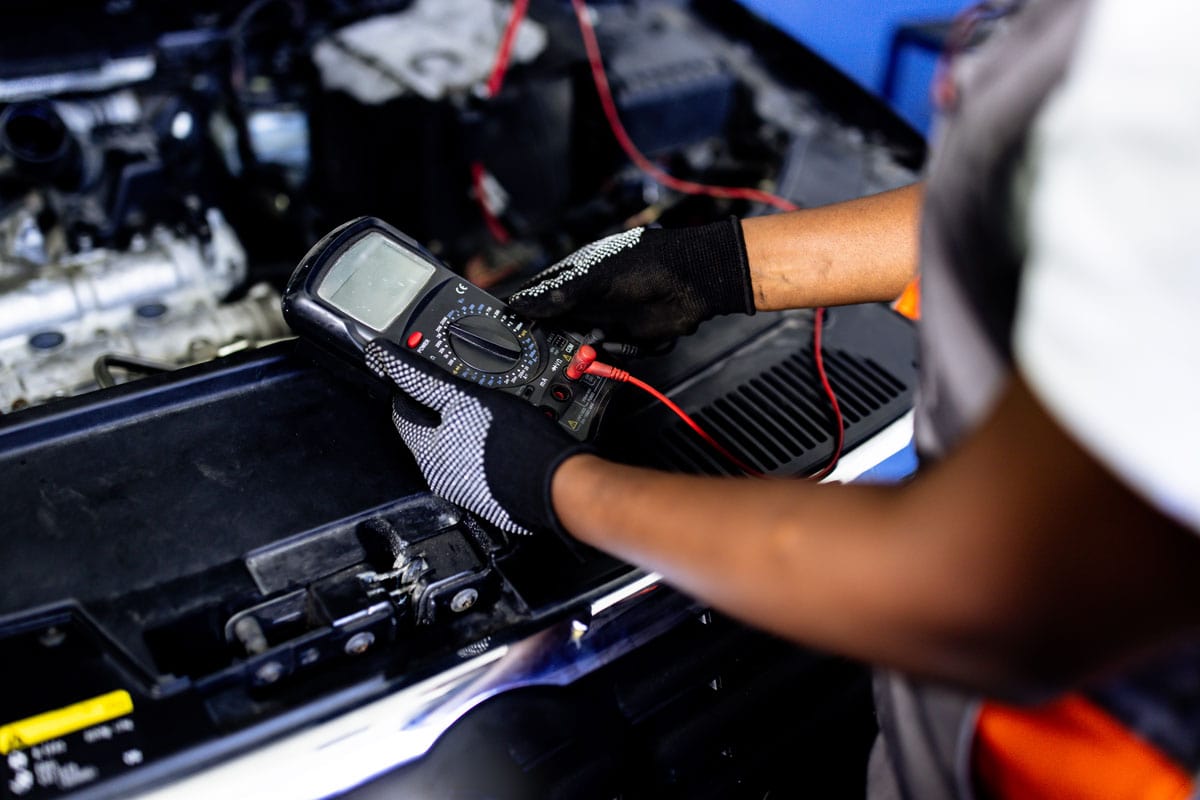
Every 2 to 3 years, a regular generator battery replacement is required. We know that many customers try to extend the life of their batteries by waiting until the generator fails to start. This is not the ideal time to change a generator battery since the disturbance it causes might be more detrimental than beneficial to people's lives.
It is essential to test and determine when you will replace your old batteries. However, it is also important to know how you intend to repair it, how to maintain your generator's battery to get the most out of this equipment, and what factors to consider before buying it.
How Do You Fix A Non-Charging Generator Battery?
To resolve a 'Generator Not Charging' error, you must first identify the issue's source. Among the practical solutions are:
1. Fuse Replacement
This is the most genuine issue to address. If the fuse in the transfer switch has blown, replace it. This method will be easy if you have some knowledge of generators and electrical devices.
If the fuse is not the problem, proceed to the breaker. A tripped breaker may also affect the generator's capability to charge the battery.
2. Voltage Regulator Replacement
If the voltage regulator screws up, it must be replaced. Or else, the generator's battery will continue to drain since the regulator cannot provide enough power to keep it charged.
3. Old Battery Replacement
If you have an old generator, consider replacing the batteries, mainly if you only use it occasionally. Batteries deteriorate over time.
If the multimeter shows that the battery can no longer hold a charge, replace it. In this instance, you don't have any other feasible options.
How To Maintain A Generator Battery
A generator's battery life and performance can be extended with proper care and attention. Here are some suggestions for generator battery maintenance at home or in the office:
1. Check The Battery Water Level
The water level in the generator battery tends to decrease whether you are using the generator or not, whether the generator battery is running or stopped. Furthermore, because a low liquid level can damage the battery, it is essential to check its water level regularly. Additionally, only distilled water should be used, not regular tap water.
2. Tighten And Clean The Battery Terminals
When the generator and the battery inside it are operational, gaps between the poles or terminals are created. As a result, it causes oxidation between them. To protect the battery from damage, cleaning and tightening the battery terminals regularly is essential. You can also apply a protection product or vaseline to the terminals to prevent further oxidation.
3. Check The Voltage
You can check the voltage between the battery terminals with a multimeter regularly.
Set a multimeter to the DC voltage setting and connect it to the positive and negative terminals. The voltage should be greater than 12 volts, between 12.4 and 12.6 volts. If the resulting voltage is less than 12 volts, the battery must be replaced because it cannot supply the DC electrical component to the generator.
As a result, if the voltage between the battery's terminals is less than 12 volts, it cannot provide enough power to start and run the engine.
4. Start The Generator Regularly
The battery may be damaged if you do not use the generator for an extended period. As a result, the generator must be started frequently.
Also, you can use the tips mentioned above to maintain your Genset battery properly. If you take care of the battery and generator, it will last a long time.
Considerations When Purchasing A Generator Battery
Batteries are the most important but often neglected component of a generator. If your backup power source lacks a battery or a bank of batteries in the case of parallel Gensets, it may not even turn on--let alone provide the electricity you require during critical times. Choose the appropriate battery by:
- Check to see if the battery is suitable for the application. Consider the ambient air temperature, the generator's power requirements, and the manufacturer's recommendations.
- Taking the installed battery and comparing it to the manufacturer's specifications. Batteries that have been installed and exceed the manufacturer's specifications are acceptable.
- Taking into consideration the battery's stated lifespan, cost vs. warranty, and performance.
Conclusion
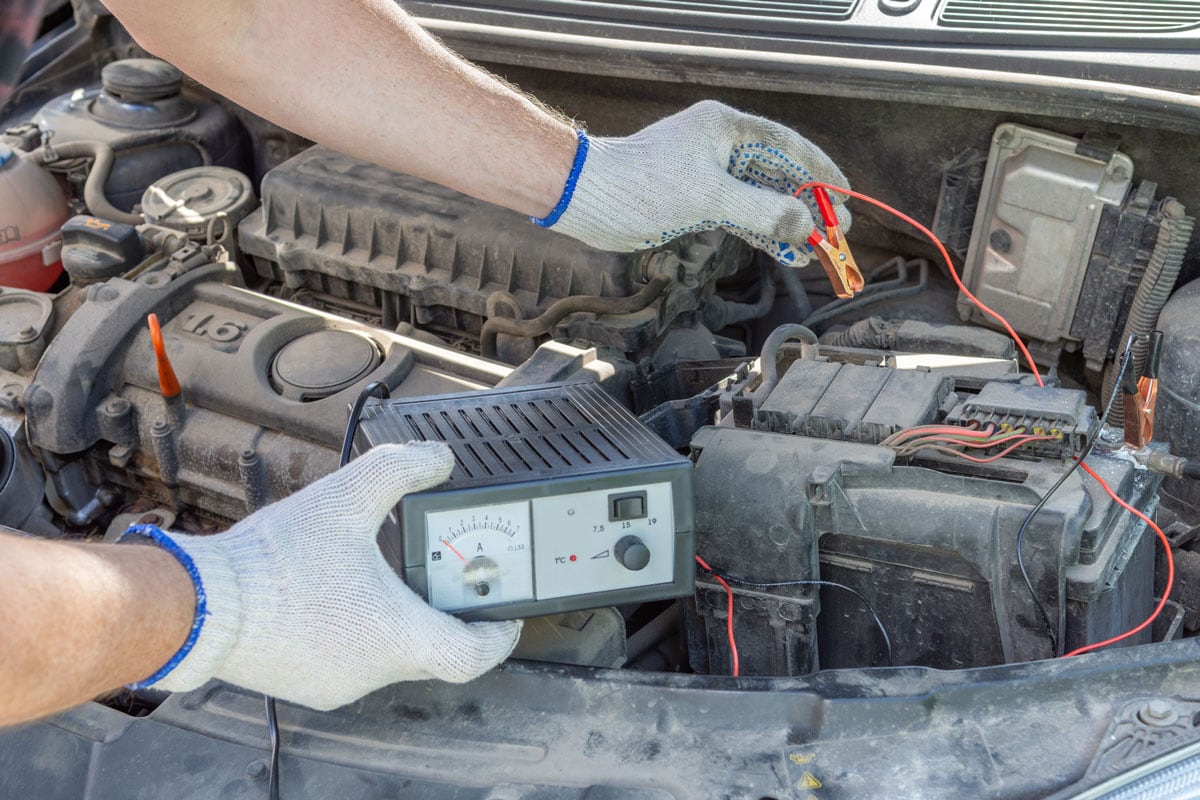
Batteries are an essential component of a generator set. Many generator service providers claim that the most prevalent cause of generator failure is that the generator batteries continue to deplete rapidly.
Now that you have learned what is causing your generator battery to die continually, you can inspect it yourself right away, and you already know how to avoid this problem in the future.
Before you go, you can check these other articles for more information:


